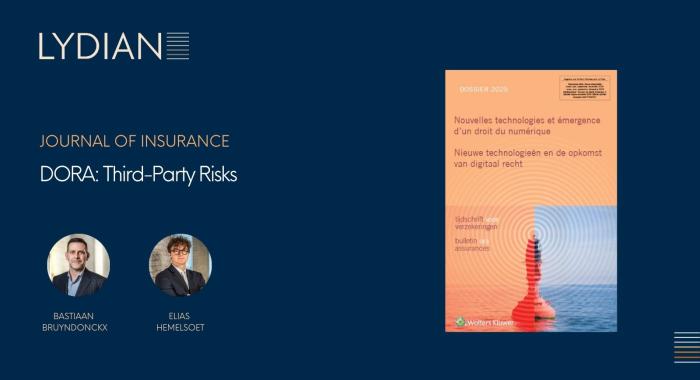
Brexit - Banking & Finance
Major implications
Financing transactions
Brexit has relatively limited direct impact on existing or new financing transactions which are governed by English law. Brexit has not impacted the enforceability of English law governed finance documents or the choice of English courts. It has also not triggered mandatory prepayment, default or general MAC provisions. Further the Brexit deal has preserved the ability of UK financial institutions to lend to EU borrowers. Brexit has also not affected the substance of the parties’ rights and obligations under finance documents as loan or bond documents are largely unaffected by EU law. Finance documents may include specific provisions that need to be revised due to Brexit, such as references to EU legislation, tax provisions or increased cost provisions.
Financial services (banks, fund managers and investment service providers)
The Brexit Deal does not provide for market access for financial services providers, although it does contain some general rules on (financial) services. Therefore, the UK has become a third country as of the end of the transitional period on 1 January 2021. CRD IV does not contemplate a framework for third country access to provide banking services. UK banks who want to continue to provide these services in the EU will need to obtain a license and establish a physical presence in the EU. Similarly, EU banks that wish to provide banking services into the UK may need to establish a UK subsidiary. UK domiciled UCITS have become third country AIFs. Their managers may only continue to market the fund in Belgium without a license if the AIF is not offered to the public. AIFMD, MiFIR and EMIR allow the European Commission to take equivalence decisions, but to date this is only the case for UK central counterparties. In the absence of an equivalence decision, a light regime under Belgian law may be available (Belgian MiFID Act and AIFMD Act). Summarizing, despite the Brexit deal, UK banks and financial services providers have lost their European passport and will in many cases need to obtain an EU license.
Prospectus: passport vs equivalence
Brexit equally means that UK issuers of securities are no longer able to passport their prospectuses into Belgium: instead of benefiting from an EEA passport, a UK issuer will have to obtain a prospectus approval within an EEA member state before being able to publicly offer securities in the EEA. The Prospectus Regulation, which in the meantime entered into force, introduces an enhanced equivalence regime for third countries, adding the requirement that EEA member states have to enter into cooperation agreements with third countries who want to be considered ‘equivalent’. If the UK, in accordance with the criteria to be determined by the Commission and ESMA, would become an equivalent country, the access to the EEA might be facilitated, but it remains to be seen at what cost and to which extent. To date, no such equivalence decision has been taken.
To do
Loan and bond documentation are not immediately affected by Brexit. However, we may see some changes to transaction documentation over time.
Banks, fund managers and investment service providers will need to obtain the required license to have access to the UK or to the EEA market if they cannot make use of equivalence decisions or national light regimes. This will in any case be necessary for core banking activities and more generally for any financial service offered to retail clients. Financial services businesses will have to assess how much of their business is done in or from the UK relying on the existing passporting regimes. If there is significant reliance on passporting, to what extent could that business be done from another subsidiary within the EU which already has appropriate regulatory approvals? What would the implications be in terms of headcount in that EU subsidiary and the UK?
Financial services business will need to consider
- Regulatory and licensing needs for EU financial services firms in order to carry on the EU business
- Regulatory and licensing needs for EU financial services firms in order to carry on its UK business
- Redomiciling an existing company or business line
- Providing for the required capital
- Putting in run-off or transfer certain business units
- Analysing the impact on customers, services, products and contract wordings
- Examining provisions in existing key contracts (including distribution, outsourcing, IP licensing, IT and standard terms and conditions)
Our dedicated Lydian team is ready to assist you with any questions you might have regarding Brexit.

